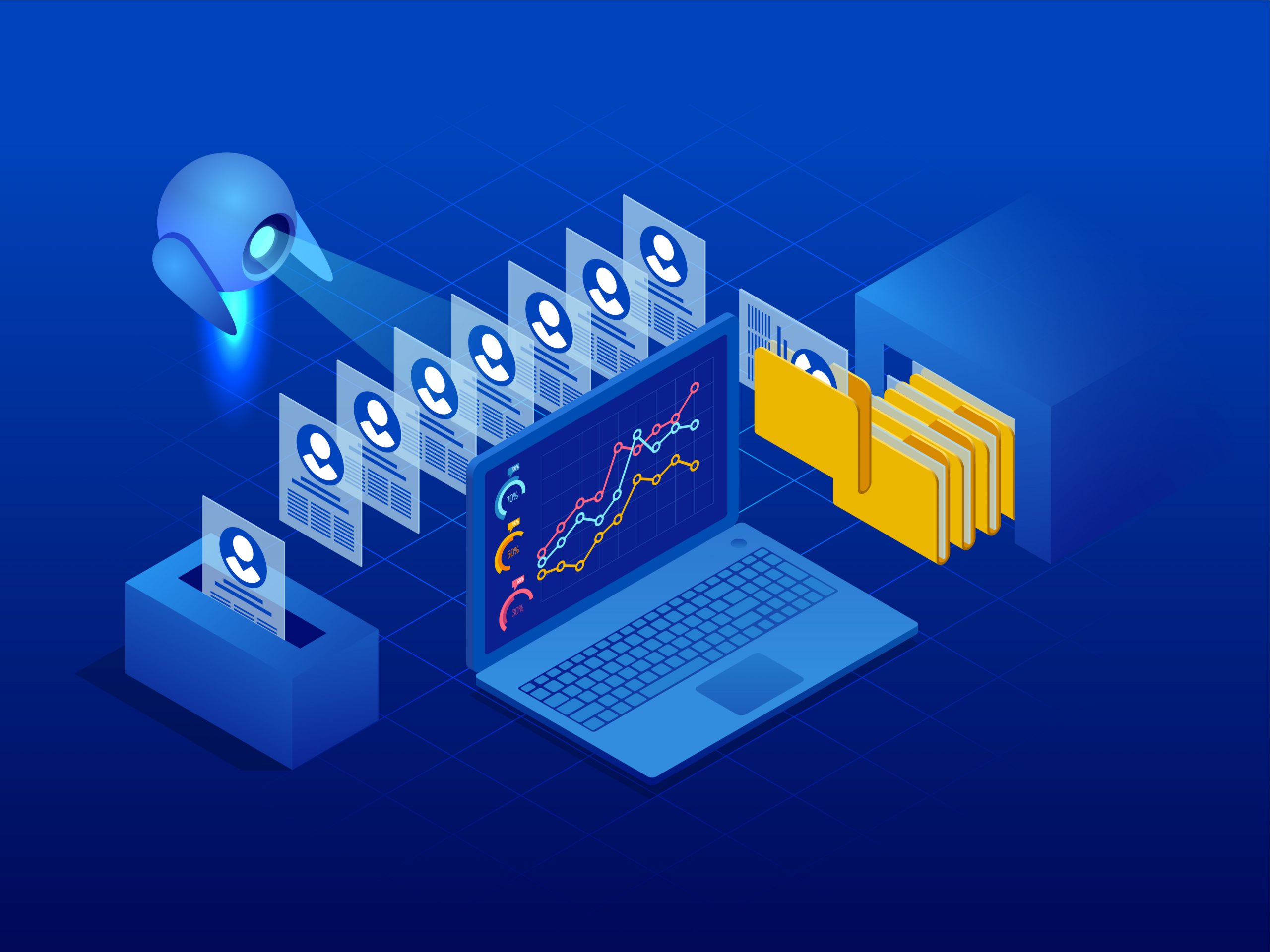The newest Stanford AI Index report indicates that artificial intelligence has permeated nearly every industry in the global job market. And job posting data confirms AI’s growth: postings requesting AI job skills have grown five-fold since 2013 internationally. The rapid rise of Artificial Intelligence is key to understanding why job posting data is so helpful in tracking AI’s diffusion. Traditional research methods require considerable financial investment, and there is a significant time lag before the data returns. But to effectively measure fast-moving technologies, we need real-time, granular data, which job posting databases provide.
There has been a move towards using online job posting data to identify and measure developments in AI.
Job postings also aid our understanding of AI in other important ways. For example:
- With the move of Rise of Artificial Intelligence and related technologies from computers to clouds, employers can shift some capital from investments in hardware to investments in talent. This means that job postings listing specific AI skills can serve as proxies for technology investment, eliminating the need for costly, time-consuming traditional survey design and implementation to understand these investments.
- The skills listed in job postings enable estimation of AI technology adoption with more granularity than other methods. Because firms are specific about their technology needs, job posting datasets can differentiate between firms requiring robotics and automation AI skills compared to natural language processing skills.
- Job posting data can tell us about AI’s diffusion throughout the marketplace and the relationships between specific skills. For example, demand for machine learning is strongly correlated with demand for business intelligence, big data, and natural language processing. By learning these associations, companies and workers gain insight into which additional skills are most likely to pay dividends for their companies and careers.
In three recent reports, researchers use job posting data to answer key questions concerning AI. The study “Could Machine Learning Be a General Purpose Technology?” proposes a solution to a difficult question confronting firm leaders.
Managers and researchers have long pondered how likely AI is to become a “general purpose technology,” one that will transform the economy and society in ways analogous to the steam engine, electricity, and the computer. That level of impact would entail significant investment in personnel and research and development for businesses.
Researchers have found that job posting analysis can be used to forecast whether technology will become a GPT, enabling managers to take action. The authors conclude that AI is relatively likely to become a GPT.
In another study entitled “Rise of Artificial Intelligence and Jobs: Evidence from Online Vacancies,” the study found mixed results. While no evidence increased use of AI has employment or wage effects at the industry or occupation level, there is evidence AI is beginning to replace human workers in jobs specifically vulnerable to technological displacement. The Economist summed up the nuanced take-home: “New research shows the robots are coming for jobs, but stealthily.” This suggests that it is essential to determine which skills are in danger of being replaced, secure and which new skills are emerging.
A July 2020 paper entitled “Rise of Artificial Intelligence Adoption and Firm Performance: Management versus IT,” finds a positive association between firm-level AI adoption (as measured by job postings) and the firm’s size, Capex, R&D, and total investments, even as it found no association with levels of productivity. Interestingly, while there is an association between managers’ AI adoption and growth in sales, there is no evidence for an association between IT specialists’ AI adoption and growth. In other words, when managers embrace artificial intelligence rather than specialists, that AI adoption becomes the tipping point for a company to truly see an impact on performance.
AI is transforming the economy before our eyes. Real-time job postings data gives researchers and managers the ability to keep pace with the changing times.



